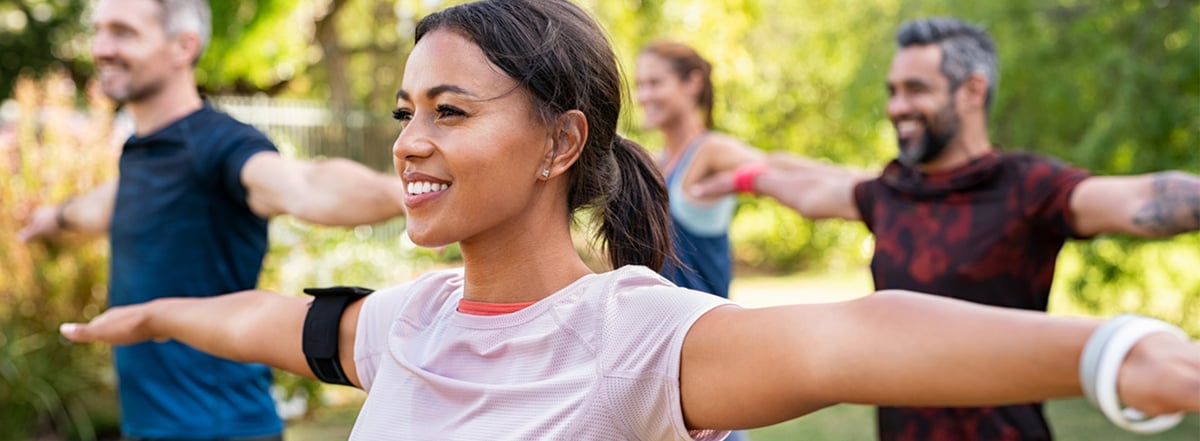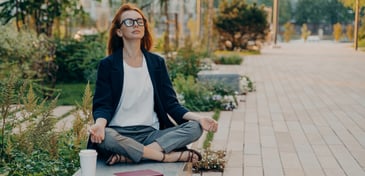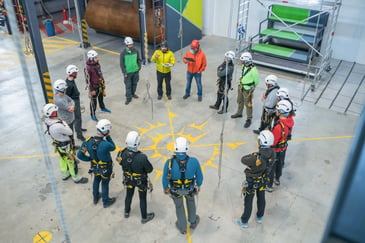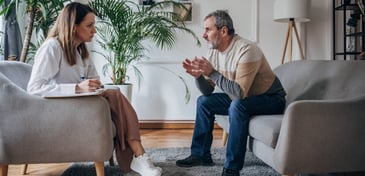Josie Nancarrow, an exercise physiologist with Altius Group, talks us through how to adapt our exercise routine while recovering from COVID.
It’s been 2 years since the brunt of the COVID-19 pandemic hit our communities, by now you have probably had COVID-19, or you have a family member that has contracted COVID-19. There are varying degrees of intensity of the virus that people report, some with minimal or no noticeable symptoms, others – myself included – with symptoms that were debilitating leaving them bed-bound for the better part of a week. Others still may have ongoing symptoms of fatigue, body aches or brain fog. This prolonging of symptoms is being referred to as “long-COVID” and effects on average 1 in 4 COVID patients.
When experiencing COVID personally it affects many aspects of your life, body, and overall wellness. These feelings can linger and negatively affect your day-to-day for weeks and months after you no longer have the virus.
Common ongoing symptoms of COVID are:
- Weakness
This ongoing weakness can be made worse by inactivity as you rightly rest and recover from the virus. Keep in mind that your body can start losing strength 24-48 hours after you stop moving. So, if you consider that you are out of action for 3-7 days (or more), be kind to yourself and understand that your body will not be as strong or have the same endurance when you try to do normal tasks such as cleaning or exercising. See below the recommendations for exercising after COVID.
- Low energy
You will need to be strategic in what tasks you give your energy to as your body heals from the virus. Making modifications to daily tasks can allow you complete more without burning out. Modifications such as, setting a timer for 5-10 minutes when cleaning, stopping when the timer goes off and returning to it in 10-30 minutes time. Allow yourself to have naps throughout the day as needed but always make sure you are sleeping and waking at a “normal” time overnight to encourage a good sleep routine.
- Brain fog
This lingering fogginess in the mind can affect understanding and memory. When going about normal activities this should be to be taken into consideration and adjustments made to ensure you are remembering and processing information correctly. Adjustments such as writing appointments down immediately (including socially). Asking questions and repeating back through conversations can help ensure you are able to remember things. Also allowing time to get places and not overloading your day with activities or work for the first few weeks can be helpful to manage brain fog.
Exercising During COVID
Move your body gently and in a way that you enjoy for 5-15 minutes each day.
This could be a light yoga routine (easily found on an app or on YouTube), a walk around the yard, playing with a pet, or you may find that simply cleaning your house or doing some light gardening is enough physical activity for those first days after you’ve suffered through the worst of it.
Returning to Exercise After Covid
Return to physical activity slowly once you have recovered from the virus.
When going for a walk plan to go half the distance you would normally walk and allow yourself to walk slower than normal to allow your body to manage the activity. For example, if you normally walk 3km in 30-40 minutes, plan to walk 1.5km in the same amount of time and be proud of yourself for sticking to the modification.
If you like to go to the gym and normally do 45 -60 minutes of weight training, modify it to 4 exercises in total with a warm-up and stretch and plan to be done in 30 minutes.
By sticking to an adjusted exercise routine, you are allowing yourself to return to your full movement quicker. If you attempt to return to your full routine immediately, you will likely find that you suffer increased fatigue following the exercise and decreased motivation overall. It is better to do a little bit regularly than a big bit sporadically. Remember always to be kind to yourself and listen to your body always but particularly for the first 3 months post COVID.
If you would like assistance returning to exercise post COVID and need the accountability or guidance, seek out an accredited exercise physiologist to help get you on the right track.






